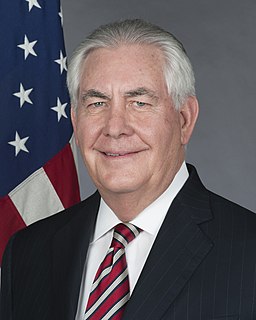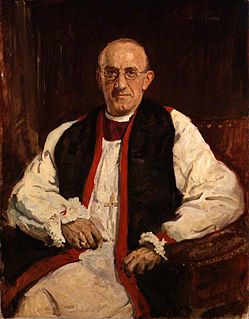A Quote by Rex W. Tillerson
People who speak up for freedom in regimes that are oppressive are often a threat.
Related Quotes
The Arab awakening has been, up to now, a lot about freedom from dictatorial regimes - Syria, Yemen, Libya, Tunisia, Bahrain and Egypt. But once you got freedom from, then you need freedom to. Freedom from is about destroying things. Freedom to is about constructing things, constructing the rule of law.
A lot of young people regard a threat against one person's sexual freedom as a threat against all of them, and that's absolutely how they should regard it. But it's heartening to look at the polls on young people on gay people, gay marriage, and sexual-freedom issues. They're terrific, and that's why the religious right is so desperately trying to lock in their current bare majority for prejudice: because their constituents are dying. They're losing votes every time the ambulance pulls up to the old folks' home. Let's hope it pulls up a little more frequently.
We need a more complex understanding of writers working under authoritarian or repressive regimes. Something to replace this simpleminded, Cold War-ish equation in which the dissident in exile is seen as a bold figure, and those who choose to work with restrictions on their freedom are considered patsies for repressive governments. Let's not forget that most writers in history have lived under nondemocratic regimes: Shakespeare, Tolstoy, and Goethe didn't actually enjoy constitutionally guaranteed rights to freedom of speech.
But the true threats to stability and peace are these nations that are not very transparent, that hide behind the-that don't let people in to take a look and see what they're up to. They're very kind of authoritarian regimes. The true threat is whether or not one of these people decide, peak of anger, try to hold us hostage, ourselves; the Israelis, for example, to whom we'll defend, offer our defenses; the South Koreans.
I think people often forget how powerful they are. Sometimes it just takes one voice to save a life. When we speak up we can not only change a life or save a life, but we can also make it possible for other people to speak up. If we harness the collective power of people's voices around America to address the opioid epidemic, I have no doubt that we can overcome it.

































